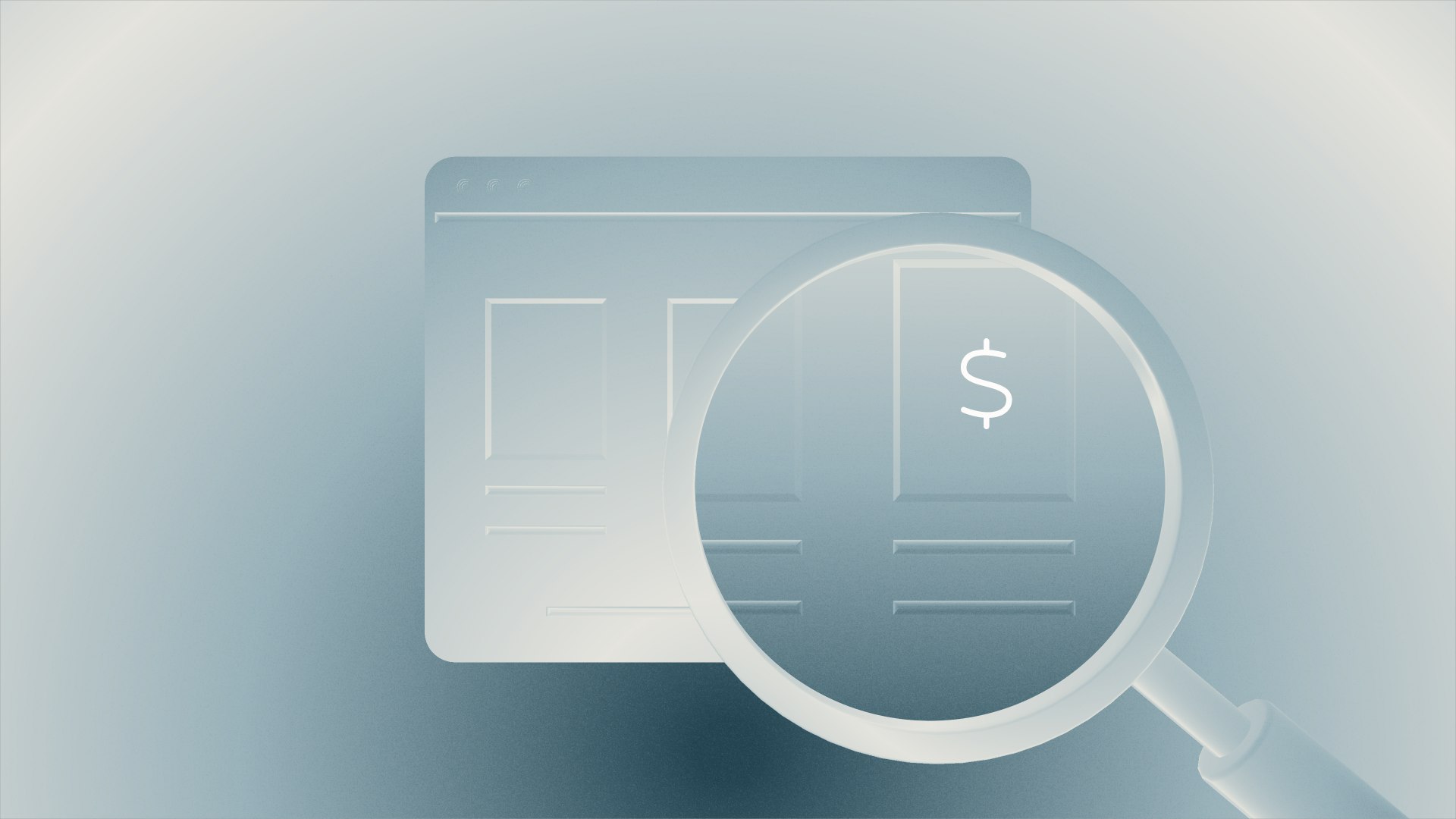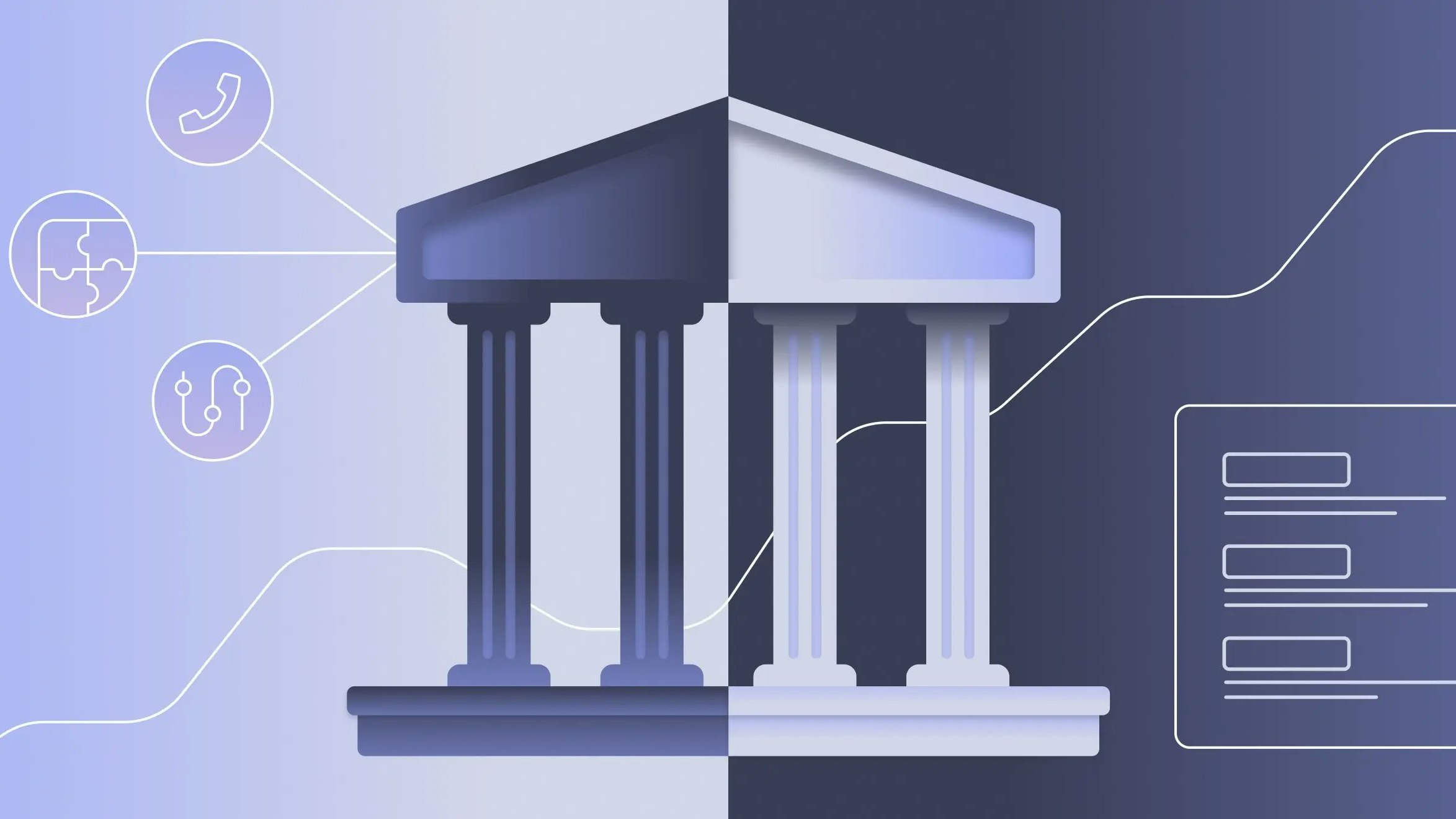How to get a business credit card before having revenue

Starting a business rarely begins with customer payments in the bank. Most businesses are built on an idea, a plan, or a product that’s still taking shape. The potential for revenue exists, but that first dollar is likely months away. However, you often have to spend money to make money, so if savings or early capital aren’t available, you’ll need to find another way to cover your initial startup costs.
A business credit card can help you keep personal and company money separate, and give you the flexibility to pay for early expenses while building momentum. Many card issuers, though, offer a business credit card based on revenue — an option that’s out of reach for most early startups. That’s why Mercury’s developed a flexible range of financial tools designed to help founders move with confidence as they cover essential costs.
Let’s get into how you can secure a business credit card with no revenue, and how to properly use this kind of card.
Can you really get a business credit card without revenue?
Yes, there are business credit cards for startups with no revenue. To access them, you’ll need to show that you can manage money responsibly.
Factors that influence underwriting decisions
When you’re applying for a business credit card with no revenue, issuers examine a few factors. One is your personal credit history. Even if your business doesn’t have a track record yet, your own score shows lenders how you handle debt. Keeping balances low on existing credit accounts, including personal ones, helps your case.
Lenders will also look at your business setup. Taking steps to incorporate, applying for an employer identification number (EIN), and opening a separate business bank account can make you look more established. Even small, steady deposits show you’re managing funds carefully.
Fintech lenders increasingly use real-time banking data — information that shows how you move and manage your money — to evaluate risk, rather than relying solely on static credit reports. That shift often makes it easier for early-stage founders to qualify compared with traditional banks.
Types of no-revenue business credit cards
If you’re exploring how to get a business credit card with no revenue, it helps to understand the main types of no-revenue cards. There’s a lot to consider when it comes to choosing the best corporate credit card for startups, but here’s a basic breakdown:
- Secured cards: A secured card requires you to put down a deposit, which then becomes your credit limit. For example, if you put down $1,000, you’ll have a $1,000 limit. The main benefit is that it helps you build business credit.
- EIN-only cards: Some issuers may approve you for a business card based on your company’s bank history instead of personal credit. Mercury’s IO business card is one example.
- Personal guarantee cards: These are traditional business credit cards, but they come with a caveat. They require you to personally pay back any balance if your business misses a payment or closes.
The best option depends on how quickly you want or need your business to build its own credit history, and how comfortable you are tying personal credit to the process.
Pros and cons of pre-revenue credit cards
Getting a business card before your company earns revenue can be a good strategy, but only if you use the card carefully. Business cards can be great tools for separating personal and company finances, building early credit, and managing small startup costs — but when they’re used haphazardly, they can cause unnecessary stress.
The real question isn’t “Can you get a business credit card with no revenue” but rather “Should you?”
Why it might be worth it
A business credit card helps you start building your company’s financial identity early on. Every on-time payment strengthens your business credit profile and sets you up for better terms later. It also keeps business expenses separate from personal ones, which makes bookkeeping and taxes far simpler. For small recurring expenses like software subscriptions, a card can be the most convenient way to pay.
When to be cautious
The risks mostly come down to timing and discipline. Without steady income, it’s easy to carry a balance that becomes hard to pay off. Mixing personal and business charges can cause tax headaches and weaken your liability protections. And relying too heavily on credit before revenue starts coming in can turn flexibility into financial pressure.
Before you jump on any offer that advertises “business credit card — no revenue required!”, consider whether it fits your business goals. A pre-revenue card should reinforce discipline, not dependency.
How to responsibly use a pre-revenue business credit card
Before revenue, every purchase should serve a purpose. Focus on tools and software that help you launch faster or more efficiently. Paying on time, every time, helps you build business credit and shows lenders that you can manage money reliably.
Say you’re covering design software or cloud hosting to support development — those are investments tied directly to your next milestone. Charging recurring travel, meals, or personal expenses, on the other hand, can quickly blur your financial picture. Treat your card like a short-term operational tool, not a line of credit to bridge every expense. That mindset helps you maintain control while showing lenders and future investors that you run a disciplined business.
Also avoid using credit to fill cash-flow gaps. When there’s no income yet, carrying balances adds risk. Borrowing for expenses that don’t create immediate value can turn short-term convenience into long-term debt.
Strategic, thoughtful use of credit now builds the financial habits you’ll rely on later. Learning to manage debt responsibly before revenue starts coming in prepares you for larger capital decisions once your business grows.
What lenders look for if you have no revenue
When your startup doesn’t yet have income, lenders look for other signs that your business is stable and trustworthy. Personal credit history is one of the biggest factors — they want to see how you’ve handled debt in the past. But this isn’t the only consideration.
A strong banking relationship also carries weight. Keeping consistent balances, using your account actively, and showing clear organization can demonstrate reliability even before you earn revenue. A clear business plan that outlines your market, growth path, and expenses helps illustrate that you’re building toward stability.
Lenders view your banking activity as a snapshot of how you operate day to day. Consistent, transparent account management signals reliability and long-term potential, giving them confidence in your ability to manage credit well.
How Mercury can help establish smart spending habits
Smart spending isn’t about spending less. Rather, it comes down to paying attention to how and where your money moves. When you have a clear picture of spending patterns, you can decide what’s essential and cut what isn’t.
Founders often search for “can you get a business credit card without revenue?”. Mercury helps make that possible — and practical. Our business card is flexible enough for early founders, and our financial platform makes it easy to identify trends, flag potential issues, and stay on top of cash flow.
Maintaining good financial hygiene early on is critical for preventing errors, but it also builds confidence. By providing greater control and clarity, Mercury products like Financial Workflows and Bill Pay help founders build sound habits that lead to stronger credit profiles, smoother scaling, and long-term operational confidence.
Where to go from here
A business credit card can be part of the system that keeps your finances organized, builds credibility, and prepares you for growth — but the goal is to create structure, not dependence.
Structure gives founders the infrastructure to do exactly that. With integrated banking, credit, and spend-management tools, you can track every transaction, stay in control of spending, and build financial systems that scale with your business. When revenue begins to arrive, you’ll already have the foundation in place to manage it responsibly.
Ready to start putting your financial foundation in place? Explore how Mercury IOx and our connected bankingx tools can help you bank, spend, and grow with clarity.
Related reads

What you can (actually) deduct as a startup in 2026

The hidden costs of financial fragmentation

How to switch your personal banking provider
